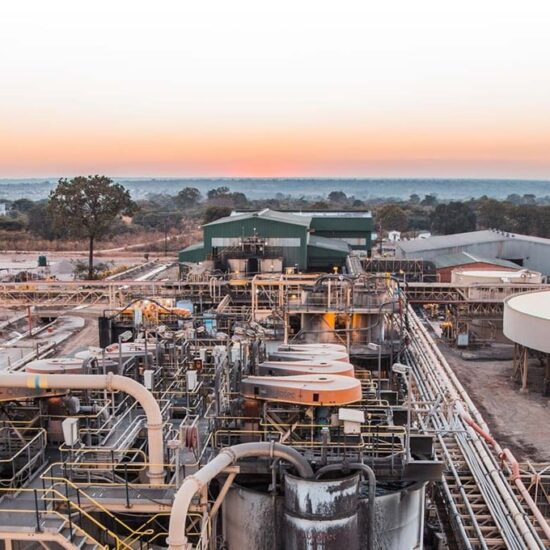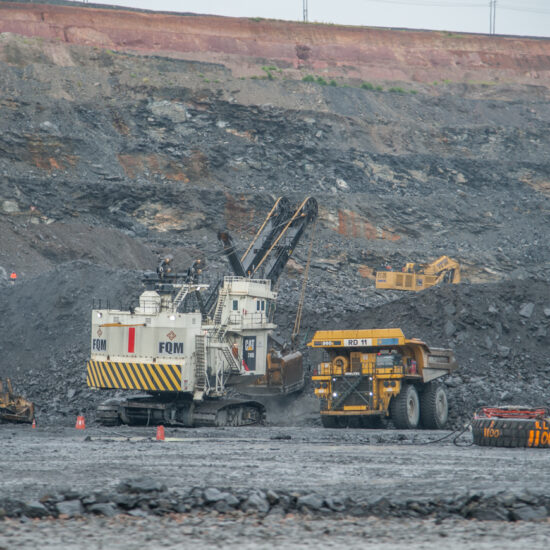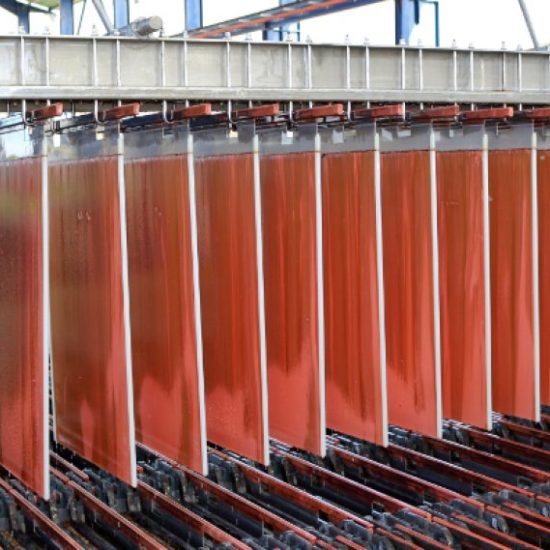
The preliminary report of the gold quantities (or reserves) available at the much talked about Kasenseli mine site has not yet been finalized.
Mines permanent secretary Barnaby Mulenga told the Zambian Business Times – ZBT in an exclusive interview that detailed exploration has not yet been completed and that detailed reports on the availability of huge quantities of gold are tied to drilling which is still on-going.
He said Zambia Environmental Management Authority – ZEMA has already granted the Gold company a license for exploration works which are currently on-going and will be concluded within a period of three months.
He added that once mining activities begin at Kasenseli gold, the ministry will be issuing monthly reports and that this will be done while exploration works are taking place.
“The detailed exploration hasn’t been completed but we have a report which confirms the availability of gold however volumes of this gold will be told as explorations works continue and quantities are tied to drilling,” He said.
Meanwhile, ZCCM Gold Company has injected approximately K45 million for the initial phase of the Kasenseli Gold Mine Project in Mwinilunga district and with the granting of the exploration licence by end of March 2020.
The Gold company had moved on site and started mobilisation in the first week of April 2020 to undertake detailed exploration that will determine the extent of gold mineralisation in the license area.
Mulenga has disclosed that mining activities at Kasenseli Gold in Mwinilunga district will begin this week (last week of May 2020) as the ministry is granting a mining license to ZCCM Gold Company to commence works at the site.
Mines Minister Richard Musakwa had recently during his visit to the Copperbelt indicated that there are substantial volumes of gold in Kasenseli in North Western province which can help the country fight poverty and pay off its debt and as well ad build on national gold reserves.
Kasenseli mine is reported to have alluvial gold which saw a gold rush on Mwinilunga resulting in state security agents sealing off the area from further exploitation.







